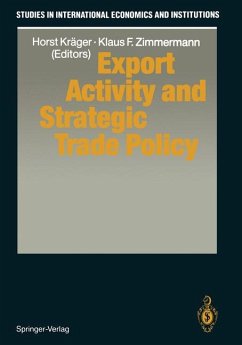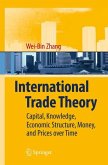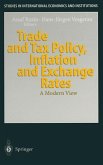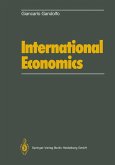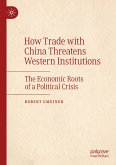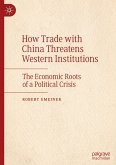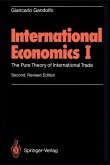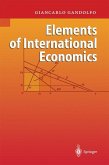New theories of international trade suggest that pro-tectionism can make sense. This finding depends on the in-troduction of market power and increasing returns to scaleinto the international trade theory. The enormous politicalimplications of this hypothesis have started a largeinterest in applied or empirical investigations of thisissue. However, econometric work in international trade iscomparatively scarce, especially if it comes to testing withindividual data. Therefore, this volume is considered to bea contribution to fill that gap. The volume consists ofthree parts: First, issues in strategic trade are discussedby means of a survey on recent contributions of theliteratureand by a simulation excercise on optimal tradepolicy for imperfectly competitive industries. Second, apart investigating the determinants of trade flows studiesthe interrelationships between trade balances and exchangerates, plant size andinternational trade, and the revelanceoffirm size and market concentration for the degree ofexport market integration using business survey firm data.Third, there are studies on imperfect markets, innovationsand learning which demonstrate the importanceof imperfectcompetition for international economics. All contributionsprovide empirical evidence for the revelance of the newlydeveloped trade theories and demonstrate useful quantitativetechniques for their investigation.

